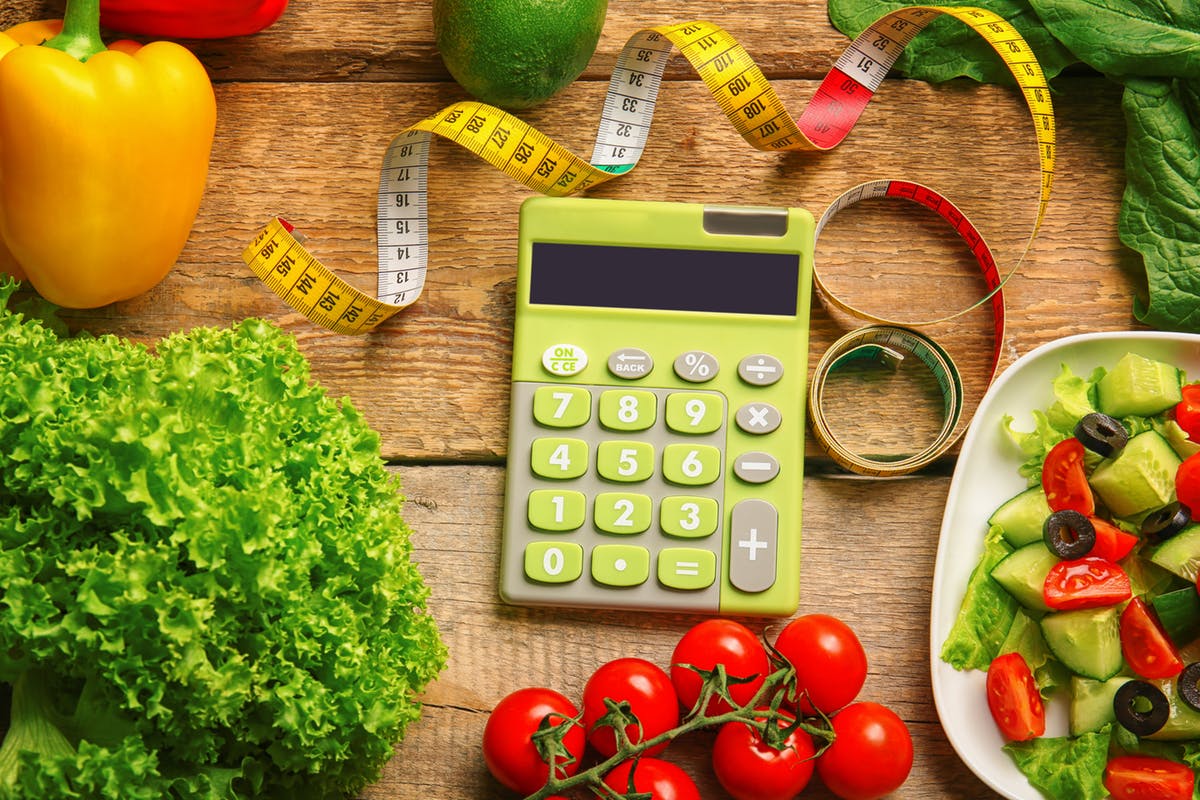Whether you’re looking into dieting for health reasons, weight loss, or just for a general lifestyle change, there’s no question that dieters today are faced with more diet choices and trends compared to decades ago. However, studies suggest that as many as 95% of dieters eventually regain weight. Research also found that even with a similar amount of weight loss, dieters who lost weight gradually as opposed to rapidly reported greater reductions in body fat percentage and fat mass. Meanwhile, rapid weight loss is associated with loss of water weight, and even muscle or bone mass.
Considering the insights from research, it can be discouraging to even start settling on a diet that suits your needs. However, remember that aside from weight loss, many people also take on new diets to eat healthier and prioritize the nutritional value of their food intake. Today, we’ll go over some diet trends to keep in mind before you decide which ones may be best for you:
Keto diet
One of the more popular and highly-researched diet trends today, the keto diet boils down to eating low carb and high fat foods to increase the fats in your body and turn it into an energy source. Short for ketogenic diet, the keto diet relies on the body going into ketosis — when you don’t have enough carbs for your cells to use for energy. While much debate has sparked around the trendy diet, Women’s Health Mag stresses that the keto diet was originally designed to help minimize seizures, not for weight loss.
Those practicing and living by the keto way will swear by the rapid results, but some are doubtful and hesitant about the effects the drastic diet may have on their bodies, citing possible issues such as lightheadedness, nausea, and tiredness.
Calorie-free diet
This may be the simplest and most straightforward type of diet out there, especially for people who were used to the traditional form of dieting — that is, keeping track of their calorie intake to ensure calorie deficits, so they spend more energy than they consume. The calorie-free method is a simplified way of looking at food because rather than looking at calories only, you factor in other nutrients so it’s a more intuitive way of eating. You essentially manage your food consumption with exercise, sleep, and water intake for a more holistic approach.
For the skeptics out there, the weight loss plans by WeightWatchers have proven that you can safely and effectively shed extra pounds, even if you quit counting calories and continue to eat the foods you love. If you’re struggling to diet this way, a personalized weight loss plan may be the best solution for you. It keeps you away from fad diets by making dieting fun and simple, so it feels less like a chore
Plant-based diet
We’ve been told from a very young age that vegetables are good for us. While people who take up plant-based diets usually do it for weight loss reasons, the beauty of pursuing a plant-based diet is that simply trying to increase your vegetable intake per meal can be a great stepping stone for health, as you work your way up to becoming completely vegetarian or vegan. Do note that a proper plant-based diet needs careful planning, as many plant proteins do not provide the essential amino acids our bodies need. Registered dietitian Miranda Galati recommends two plant proteins per meal, with a variety of whole grains, beans, legumes, nuts, seeds, and soy products to support your overall health.
For those who struggle to cook plant-based foods exclusively, take baby steps. In a previous post entitled “Frozen Veggies Are Just as Good”, we discussed how frozen vegetables have the same nutritional content as “fresh” ones, and for most people these can be easier to prepare as a quick side dish. Whether you’re looking into vegetarianism or veganism, or just want to shed a little weight, a plant-based diet can not only help with your weight loss goals, but boost your immune system as well.






